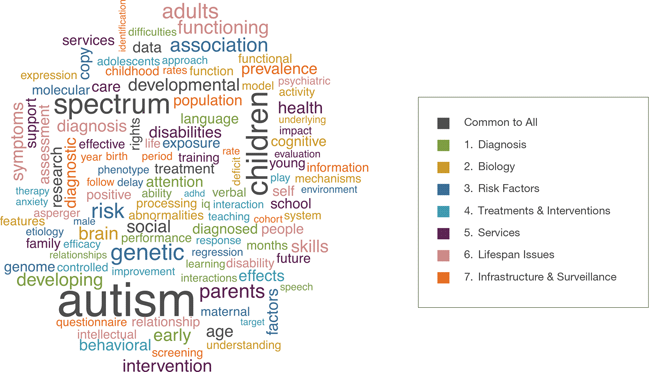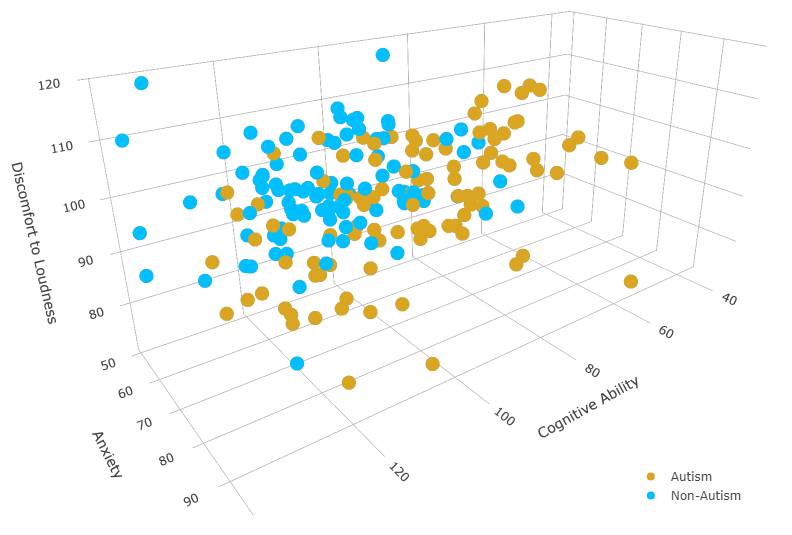Revisiting monotropism
The monotropism account of autism – which was introduced by Dinah Murray, Mike Lesser, and Wenn Lawson in 2005 – is, within the autistic adult community, probably the dominant theoretical approach towards understanding what autism is. Many autistic people – myself included – find monotropism to be quite a bit more consistent with our personal experiences than other theories of autism. I suspect this might have something to do with the fact that the monotropism account was developed by autistic…








